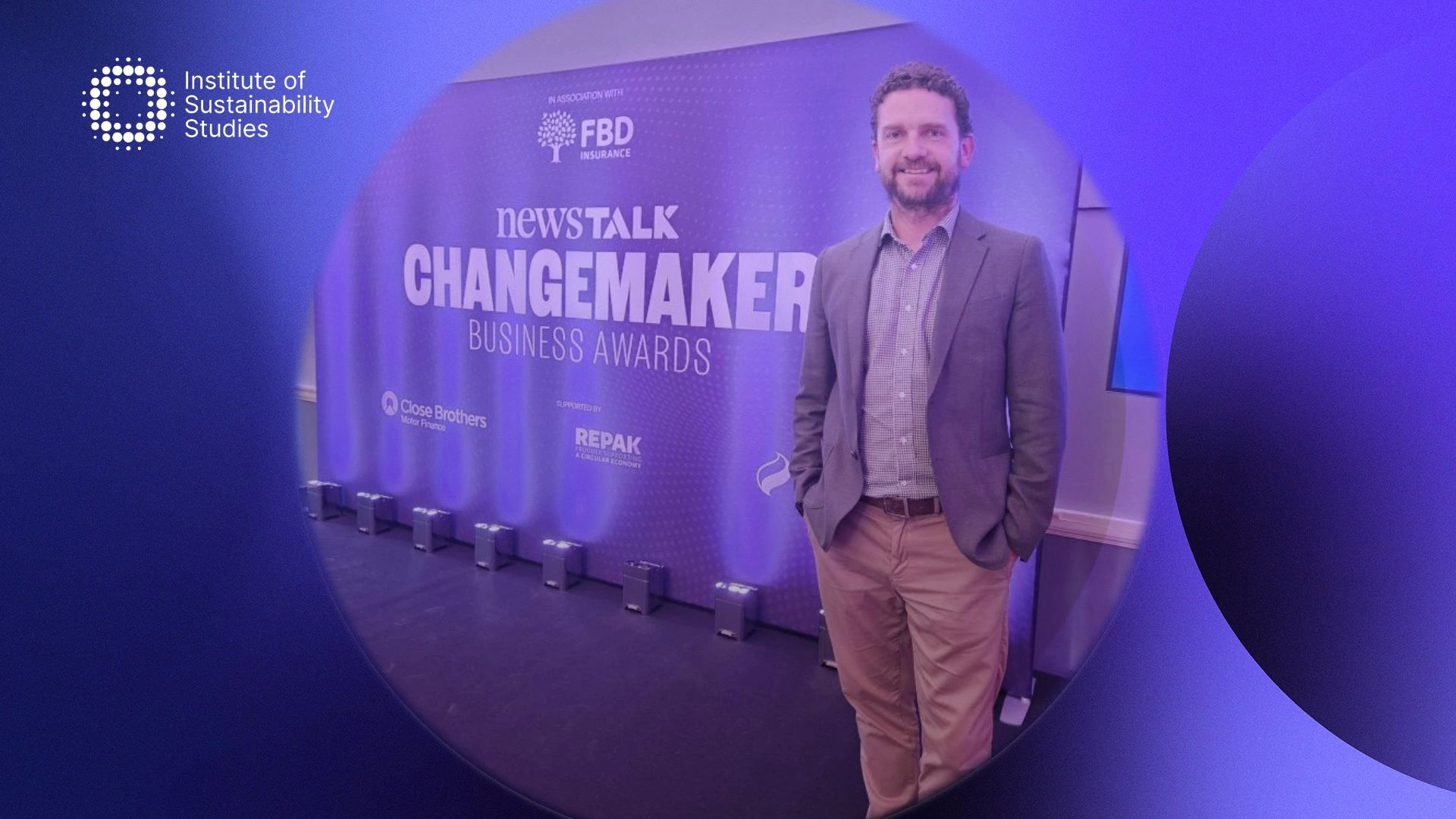Businesses are slowly but surely adapting to the reality of the climate crisis. They are doing this by introducing new practices designed to track their output concerning carbon emissions so they can appropriately reduce them over time.
The main initiatives include the Science Based Targets initiative (SBTi), a not-for-profit organisation helping businesses keep in line with the Paris Agreement goals by guiding their decarbonisation journey. Additionally, Environmental, Social and Governance (ESG) goals.
These goals help businesses evaluate how risky their company could be for investors. While these initiatives are excellent places for businesses to begin when measuring their impact, there are other ways businesses can track their emissions while also benefitting their business. Keep reading to learn about sustainability data analytics.
The role of sustainability data analytics in driving environmental action
Every business across the world has untapped data. This data may be used to keep track of staff or to manage payments in accounting. In saying that, the majority of organisations do not aggregate their data in ways that allow for it to be used effectively across a business. This provides actionable insights to all stakeholders.
Usually, the data exists in separate systems that are not compatible or cannot connect. This results in the data only being used by one specific group for very specific reasons. Now that many businesses have begun to connect their software systems, this reality is quickly changing.
Data analytics in business sustainability is a key driver for the world economy and the decarbonisation of the planet. We have reached a point in time where businesses should be putting data at the centre of their operations and identifying ways to optimise operations within an ESG context.
Although many already understand the role and value of data, not prioritising data integrity can impact a company’s ability to meet its ESG goals and remain compliant. Ultimately, businesses must overcome this if they want to de-risk and be successful. The benefits of implementing advanced data analytics are clear.
Businesses that do so can expect greater agility, live data analysis, and better practice processes. Leveraging data to support ESG objectives can create long-term value by creating attractive employment destinations, boosting employee satisfaction, reducing waste, increasing customer loyalty, and driving profitability.
Transforming into an intelligent enterprise could help businesses meet the growing demands for ESG reporting. Data and analytics are particularly useful in ensuring compliant sustainability reporting. Your data refers to all the information you need to disclose your impact within your report. For instance, impact data which is consistent, reliable, and accurate.
How to better optimise your data
There are many advantages to optimising your data. However, many businesses still have not connected their data or continue to manually operate certain parts of their organisation. A portion of this comes down to fear of change, which leads to resistance.
In saying that, for others, they have yet to determine where to begin or how to even do this. While it may seem daunting, you shouldn’t fear sustainability analytics data optimisation, and it doesn’t have to be challenging. When you optimise your data, it can have the opposite effect.
In other words, optimising your data enables you to take your employees away from carrying out manual and repetitive tasks. This way they can put their energy into other important operations while you still receive powerful analytics and insights. With all of this in mind, let’s talk about how you can start optimising your data.
Be considerate of change management
Changing your people and the ways they are used to carrying out their roles can sometimes be bigger hurdles than implementing the technology itself. With this in mind, it is helpful to tell your employees why you are doing this and get them excited about it.
Ensure they know why the change is needed and what advantages it will bring to the organisation and also their day-to-day working lives. Ultimately, you want to encourage them to be part of the solution. There are a plethora of sustainability solutions readily available to businesses.
However, it is important to be mindful of making people aware that your business sees the value in switching to a more eco-conscious business model. This can help harness the use of sustainability analytics data to track success and measure progress in the longer term. The true power for going green lies in using data optimisation, and your team needs to realise this is a critical part of the journey forward.
Carry out some technology research
Finding the right technology solution for your business and goals is also critical. Determining this will depend largely on the industry your business operates in but also the services or products you offer.
Make sure to task your team with evaluating every vendor based on their entire capabilities. Ask them to speak with current customers too. These customers will be vital in evaluating whether it will be the right solution for sustainability accounting and business operations.
Create a robust leadership team
One of the final pieces of the puzzle for implementing strong data optimisation will be your leadership team. Make sure to create a robust leadership team who understand how sustainability data analytics integration will have the ability to make the business more competitive, sustainable, profitable, and scalable.
This leadership team should include business leaders who will be the most affected by the integration. Additionally, those who will need to be the most involved in ensuring the technology is implemented throughout the organisation. You should also get business-minded sustainability leaders involved to help guide the highest-impact solutions and assist you in navigating appropriate measurability.
Summary
Businesses need sustainability and innovation to avoid losing competitiveness and to boost resilience in the coming years. Activating data more efficiently toward compliance and sustainability is an impactful way for businesses to integrate more cultural, economic, social, and environmental practices into their operations.
Data analytics is crucial for a business sustainability to understand where it currently is, but the right analysis can also help businesses further what they are currently doing and positively transform the way they do business. If you want to build a more eco-conscious organisation, our Diploma in Business Sustainability course, one of the leading sustainability courses online, will give you the sustainability education you need to generate positive change.










